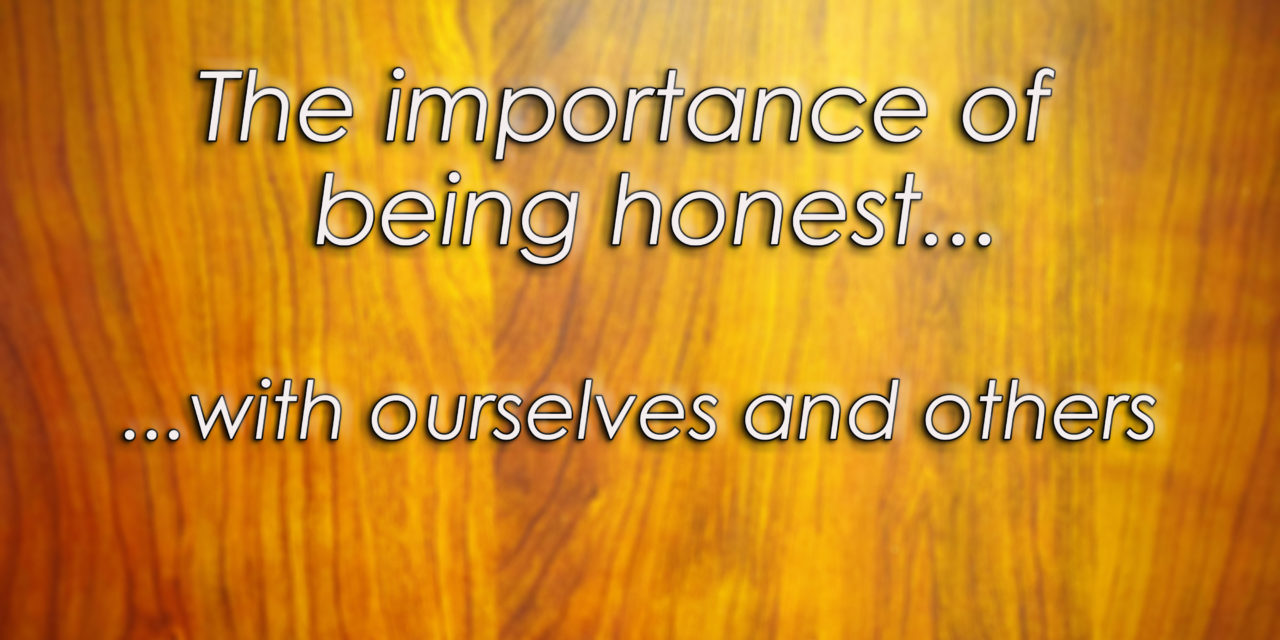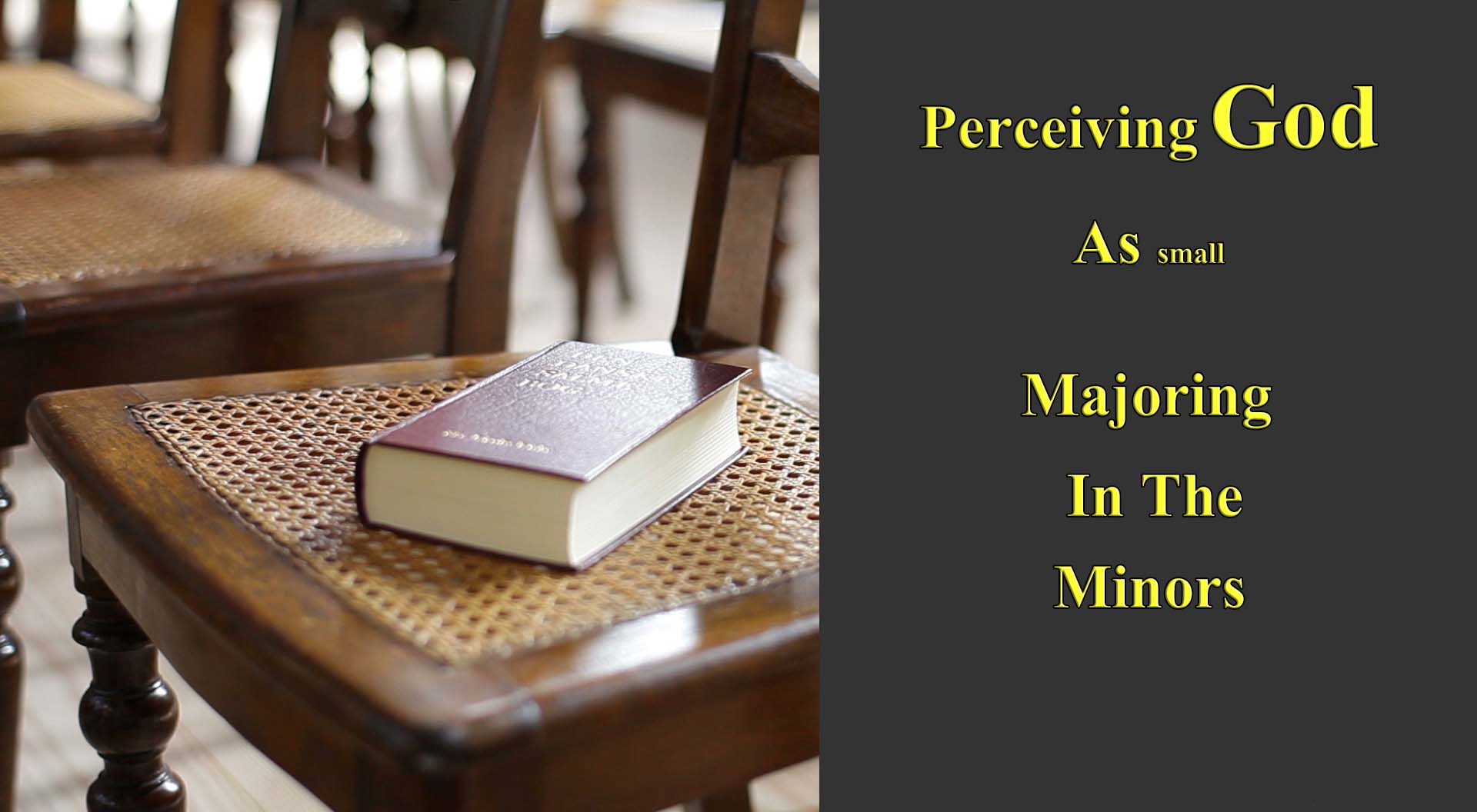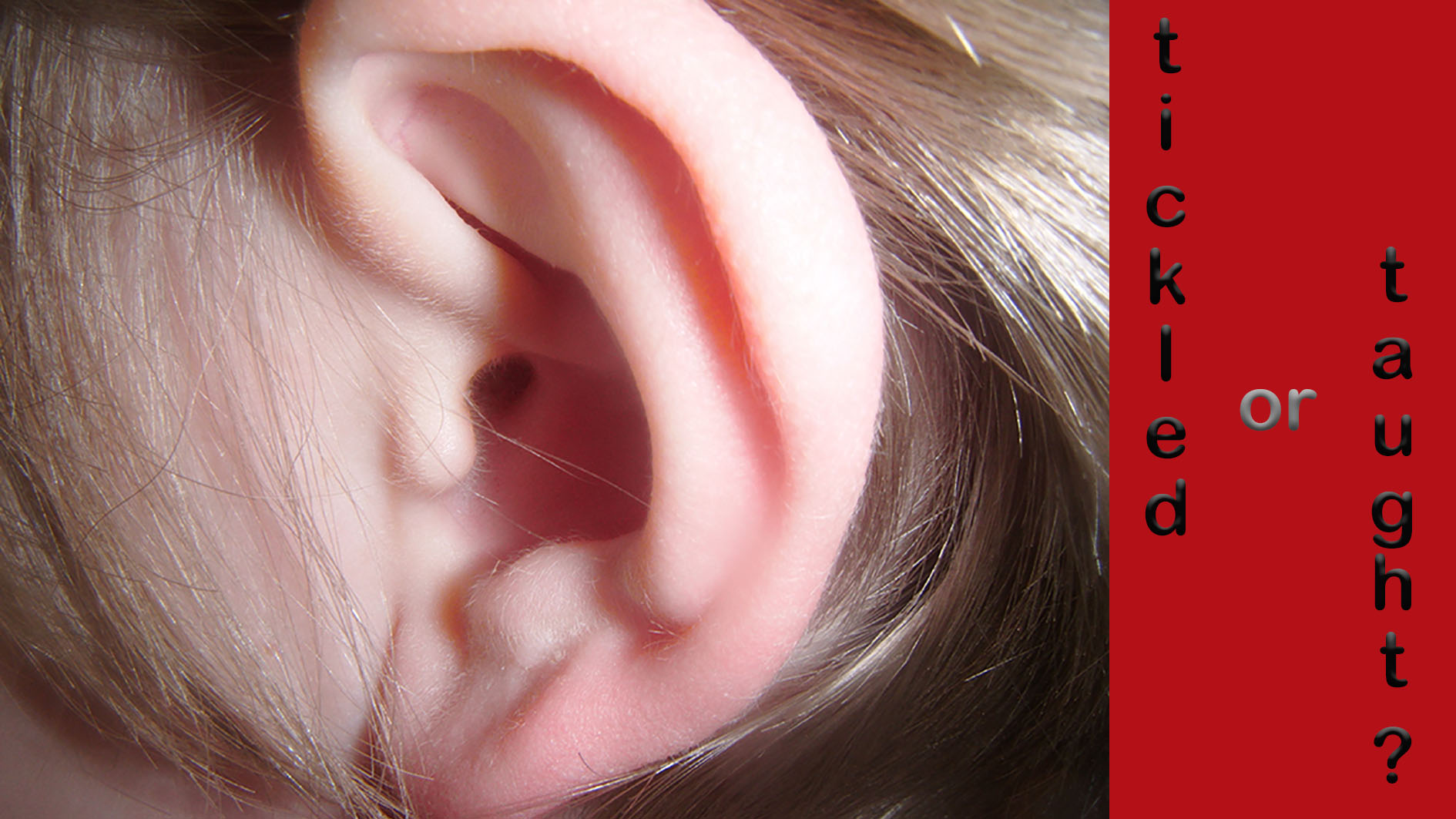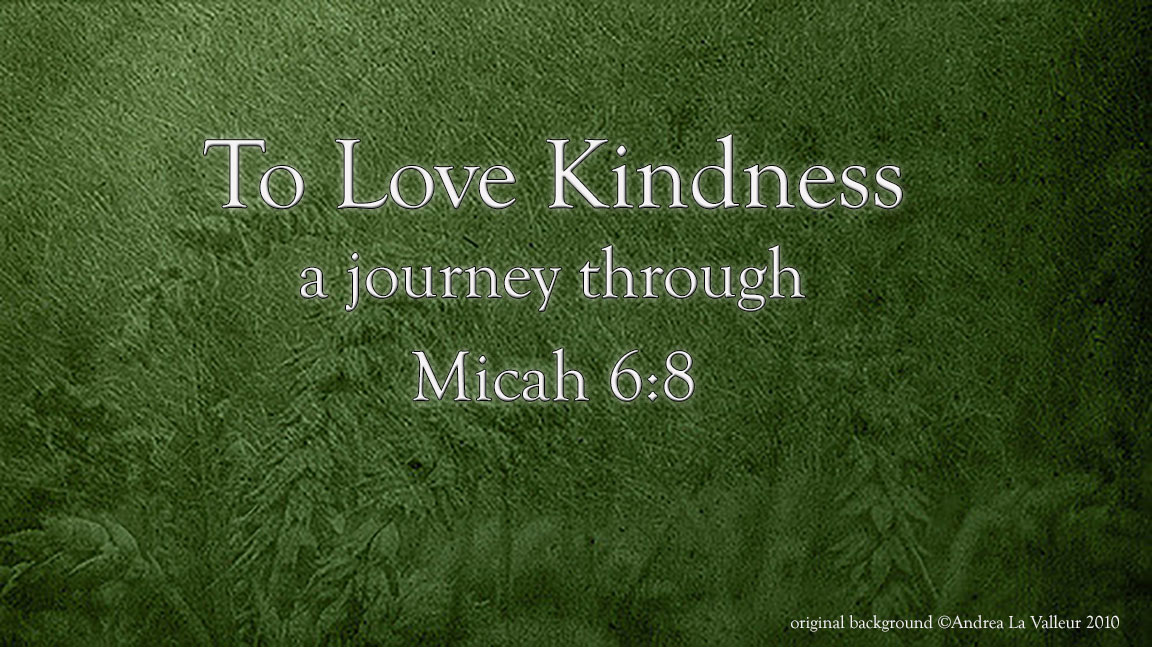Sometimes God will give me a shocking dream in order to drive a particularly uncomfortable point home about character issues. I never emerge from nights like this particularly well-rested or happy.
Last night was one of those nights. So be careful poking at me, I might snap at you. (Just kidding)
The dream started out with a familiar face, a face that I trust more than most to be kind to people. But she wasn’t being kind. She was saying something positively vile, just beyond the pale of civilized conversation, about our server–the woman who had taken our order. The comments were unnecessary and based on conjecture, cruel conjecture at that. They were personal in the worst sort of way and not because she knew our server but just because. This otherwise seemingly kind person was being incredibly petty and cruel. I was stunned. I still am hours later.
Then I watched as the realization swept over her face (I love in dreams how I can read people’s minds even though I can’t in real life) that this server was making the food and might spit in it.
Yes, I know, servers don’t make the food but this is a dream and not a documentary.
My friend panicked and, when the server came back around, begged for forgiveness but she told a huge lie in order to secure that forgiveness. Plus, I knew she wasn’t sorry but concerned over the consequences. This was an escape act of the highest caliber, containing just enough of a grain of truth to draw the victim into the lie. I am going to change the story in order to protect the person in question (remember this was a dream meant to teach me something and not a newsflash about this person’s character–the overwhelming majority of dreams are not predictive):
“Oh, I am so sorry,” she sniffled, starting to pour out the waterworks. “I can’t imagine how you must feel about me right now but I have a terrible medical condition that I have suffered with for many years and when it strikes I just say the cruelest things and oh my gosh I am so embarrassed. You have no idea what it is like to just be like this but that’s no excuse, what I said was so terrible and horrible. I am so sorry…” and the excuses and the sobbing continued on and on and on until the server, struck with compassion, told her that it was all okay and that she totally understood and not to think anything more about it.
It was a masterful performance on a number of levels. Of course, I knew it was pure bupkiss. She wasn’t currently suffering from her condition and hadn’t been for quite a long time–plus, she misrepresented how it affects her anyway. But she sure sounded convincing, I will give her that.
The most interesting thing was watching as my friend wove this woeful story, how as she got deeper into it, the more I could see her beginning to believe it herself. No, she wasn’t the bad guy. She wasn’t responsible. This woman didn’t have the right to feel injured or wronged. And not only that, I watched as she fooled herself to the point of actually beginning to feel good about herself, justified even. Yes, she and only she was the true victim.
I could see it dawning on her, “I am not a bad person. I am not the kind of person who would say such things without a really good reason.”
The yarn she was spinning became the very web she was now entangled in.
As the server’s face softened and her shoulders lowered–as we all do when we begin to believe and empathize with someone else–my friend’s guilt lifted away and she began to feel more and more justified. By the time the server told her how okay everything was, my friend was fully engrossed in the righteousness of her own cause–feeling like a good person once again.
Dang, I half expected the server to return with a free cupcake for my friend.
**************
Yes, it was just a dream but how often do we lie in order to escape the consequences of our own actions? How often do we render our apologies meaningless by explaining why we don’t need to apologize at all? How often do we fool ourselves into thinking we have apologized when the necessary words have never crossed our lips? How often do we turn ourselves into the victims instead of the villains? All too often.
(And as a side thought, how many times do we get angry that our non-apology wasn’t accepted because the other person saw right through it?)
I even wonder if the dream had continued on (which it didn’t but I wish I had been able to smack her to her senses–and hard) if going forward she might have actually related the entire incident differently to others–just in case she wanted to head off any outside consequences or to continue to reframe the narrative in her mind whenever her pesky conscience reared its ugly head. I’ve seen people do that as well.
The truth is that we tend to be liars when faced with seeing ourselves and our actions for what they really are. We want to be the heroes of our own life stories. We can’t bear to remember the horrible things we do and so we change them. We change them even to the point of believing it when we do. And, I mean, the crazy thing is that by doing this we make ourselves twice the villain and our victims doubly wronged–or more if the story really gets out there. But we have saved our reputation, even if it is based on a lie, and thus evaded the well-deserved consequences of our actions.
This is why it is healthy to come to a place where we see ourselves as one part villain and one part hero, part wronged, and part perpetrator. We can never lose sight of the evil we are capable of and we must embrace that truth or we can slowly inch our way over to a place where we become unsafe and tyrannical–to the place where we cease to be trustworthy because lies never get smaller, only bigger. Those who lie to strangers to avoid consequences are going to lie to friends and family because the need to be trusted and seen as good comes to outweigh the need for actually being trustworthy and good. But we can never stop at lying to strangers, or to loved ones–in order to live with ourselves as liars, we must also deceive ourselves into believing that we are, in fact, justified and even good.
And it generally starts with the anti-fruit of pride and fear. Fear of consequences. Fear of having to change. Fear of confrontation (that’s a biggie). Pride in a non-realistic perception of our own integrity–one that we have not earned because the illusion can only be maintained through lies and excuses. And when religion gets thrown into the midst and we need to be seen as super-spiritual warriors fighting the good fight? Oh, man. Seeing ourselves as anything less can be devastating–and yet we are less. We are all less and when we embrace that, we can begin to become what we need to believe we are.
But dishonesty is never the way. Avoiding confrontation is nothing but cowardice. Shirking consequences is just making someone else pay double for what we have done wrong.
The people we wrong deserve justice and truth–and not to be further wronged. The path toward justice and righteousness begin with the truth–not what is modernly labeled “our truth” because that is often a lie but the truth. What really happened. What we decided, of our own free will, to do. Taking full responsibility. No excuses.
Refusing to embrace the consequences of our bad acts is the same as refusing justice for someone else–in doing so we become oppressors.
Our God can work miracles with our courageous honesty. The enemy can work his own wonders with our lies, fears, pride, and cowardice.






















Tyler, this brings my mind to Yom Kippur. DK why exactly, pondering……